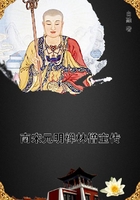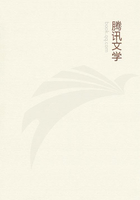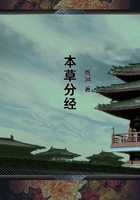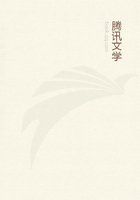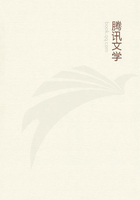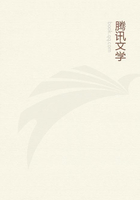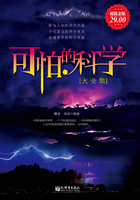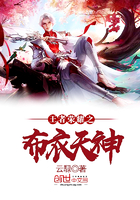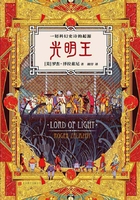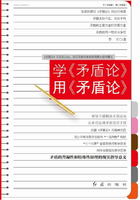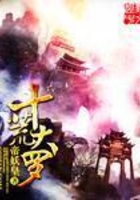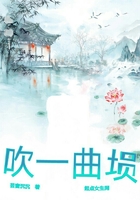The first to make these charges were certainly the humanists themselves.Of all men who ever formed a class, they had the least sense of their common interests, and least respected what there was of this sense.All means were held lawful, if one of them saw a chance of supplanting another.From literary discussion they passed with astonishing suddenness to the fiercest and the most groundless vituperation.Not satisfied with refuting, they sought to annihilate an opponent.Something of this must be put to the account of their position and circumstances; we have seen how fiercely the age, whose loudest spokesmen they were, was borne to and fro by the passion for glory and the passion for satire.Their position, too, in practical life was one that they had continually to fight for.In such a temper they wrote and spoke and described one another.Pog- gio's works alone contain dirt enough to create a prejudice against the whole class--and these 'Opera Poggii' were just those most often printed, on the north as well as on the south side of the Alps.We must take care not to rejoice too soon, when we meet among these men a figure which seems immaculate; on further inquiry there is always a danger of meeting with some foul charge, which, even if it is incredible, still discolors the picture.The mass of indecent Latin poems in circulation, and such things as ribaldry on the subject of one's own family, as in Pontano's dialogue 'Antonius,' did the rest to discredit the class.The sixteenth century was not only familiar with all these ugly symptoms, but had also grown tired of the type of the humanist.These men had to pay both for the misdeeds they had done, and for the excess of honour which had hitherto fallen to their lot.Their evil fate willed it that the greatest poet of the nation, Ariosto, wrote of them in a tone of calm and sovereign contempt.
Of the reproaches which combined to excite so much hatred, many were only too well founded.Yet a clear and unmistakable tendency to strictness in matters of religion and morality was alive in many of the philologists, and it is a proof of small knowledge of the period, if the whole class is condemned.Yet many, and among them the loudest speakers, were guilty.
Three facts explain and perhaps diminish their guilt: the overflowing excess of fervour and fortune, when the luck was on their side; the uncertainty of the future, in which luxury or misery depended on the caprice of a patron or the malice of an enemy; and finally, the misleading influence of antiquity.This undermined their morality, without giving them its own instead; and in religious matters, since they could never think of accepting the positive belief in the old gods, it affected them only on the negative and sceptical side.Just because they conceived of antiquity dogmatically--that is, took it as the model or all thought and action--its influence was here pernicious.
But that an age existed which idolized the ancient world and its products with an exclusive devotion was not the fault of individuals.
It was the work of an historical providence, and if the culture of the ages which have followed, and of the ages to come, rests upon the fact that it was so, and that all the ends of life but this one were then deliberately put aside.
The career of the humanists was, as a rule, of such a kind hat only the strongest characters could pass through it unscathed.The first danger came, in some cases, from the parents, rho sought to turn a precocious child into a miracle of learning, with an eye to his future position in that class which then was supreme.Youthful prodigies, however, seldom rise above a certain level; or, if they do, are forced to achieve their further progress and development at the cost of the bitterest trials.
For an ambitious youth, the fame and the brilliant position of the humanists were a perilous temptation; it seemed to him that he too 'through inborn pride could no longer regard the low and common things of life.' He was thus led to plunge into a life of excitement and vicissitude, in which exhausting studies, tutorships, secretaryships, professorships, offices in princely households, mortal enmities and perils, luxury and beggary, boundless admiration and boundless contempt, followed confusedly one upon the other, and in which the most solid worth and learning were often pushed aside by superficial impudence.But the worst of all was, that the position of the humanist was almost incompatible with a fixed home, since it either made frequent changes of dwelling necessary for a livelihood, or so affected the mind of the individual that he could never be happy for long in one place.He grew tired of the people, and had no peace among the enmities which he excited, while the people themselves in their turn demanded something new.Much as this life reminds us of the Greek sophists of the Empire, as described to us by Philostratus, yet the position of the sophists was more favourable.They often had money, or could more easily do without it than the humanists, and as professional teachers of rhetoric, rather than men of learning, their life was freer and simpler.But the scholar of the Renaissance was forced to combine great learning with the power of resisting the influence of ever-changing pursuits and situations.Add to this the deadening effect of licentious excess, and--since do what he might, the worst was believed of him--a total indifference to the moral laws recognized by others.Such men can hardly be conceived to exist without an inordinate pride.They needed it, if only to keep their heads above water, and were confirmed in it by the admiration which alternated with hatred in the treatment they received from the world.They are the most striking examples and victims of an unbridled subjectivity.

